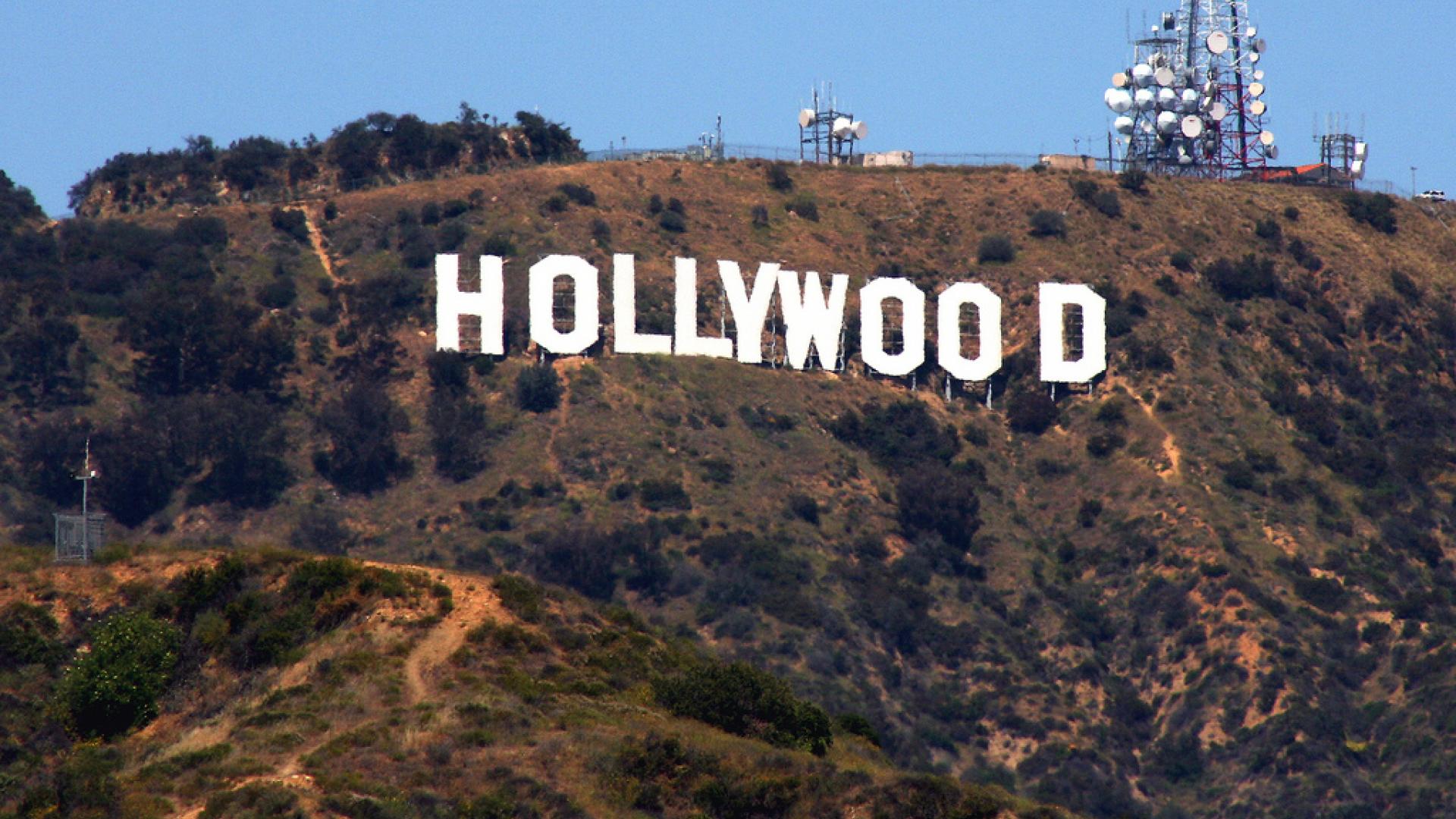Someone once said to me Bill Gates should actually give some money to charity. I politely pointed them in the direction of the Bill and Melinda Gates Foundation; it’s now given $23.6 billion in grants. But on a more serious note, many charities have links with celebrities, be it as a patron or having been set up by one. But what are the benefits? And do they outweigh the risks?
The idea is for celebrities to draw attention to the charity and hopefully increase support and therefore donations. But even with Help for Heroes, how much of their recent success can be put down to famous people? With war seemingly never far from the political and news agenda, could that, or other factors, be more responsible for Help for Heroes’ success?
These are philanthropic times. Many famous people are involved in charities. Simon Cowell, Sir Paul McCartney, Linford Christie and David Beckham are all either Ambassadors or Patrons of charities. But do you know which ones without looking it up? (Answers at the bottom of the page) And does this involvement prove beneficial for charities?
Our research suggests not. It shows that just 3% of people say (or admit) celebrity support would make them likely to trust a charity. This was from a prompted questionnaire where they could select as many as five responses. Our research also indicated that only 31% of people were aware of any celebrities who supported a charity, down from 62% in 2008. Evidence would suggest that celebrity endorsement is not raising awareness.
Whether it’s because celebrities just don’t raise awareness or it's the result of mismanagement of an opportunity by charities is open to interpretation. Aside from some indirect overheads, celebrity endorsement is broadly free, so you could argue that anything above 0% in our statistics is a plus.
This brings me to the downside. It is difficult to pick up a newspaper at the moment without reading something awful about Jimmy Savile. The two charities who took his name are considering dropping it. What now for their future? Dare they choose a new celebrity?
Other celebrities, such as Tiger Woods, Lance Armstrong and Lord Archer have suffered a dramatic fall from grace. The latter was not only jailed for perjury, but also saw an inquiry for misappropriation into a British Red Cross appeal he led, although he was fully cleared. A famous person’s high profile may not exactly helping awareness to boom, but the pitfalls of their public actions could well affect a charity negatively. It’s difficult to predict how a celebrity will behave and it can be even tougher to avoid the tarring brush.
There are positives examples of course. Frankie Sandford, of pop group The Saturdays,
spoke to Glamour magazine this year as part of their ‘Hey, it’s ok to talk about depression’ campaign with Mind, gaining widespread media coverage. The nature of this link is ideal for the two organisations. Frankie spoke commendably about her past experiences of depression. Mind and Glamour gained huge benefit from talking to her (as have countless people suffering from depression) and it was a one-off. She fronted a campaign, it went well and they are not tied to her long term. Should she suffer damage to her reputation in the future, it will surely not negatively affect either brand.
Are celebrity endorsements a good idea? I‘m not sure. It is next to impossible to measure the positive effect of a celebrity, just as it's impossible to predict how a celebrity’s star will fare.
But one thing is clear; be careful which horse you back, because that horse is wearing your colours and if it doesn’t run perfectly, the media will be right there to shoot it. And they don’t shield your eyes with the racecourse’s curtain. Just ask the Savile family.
Rob White

